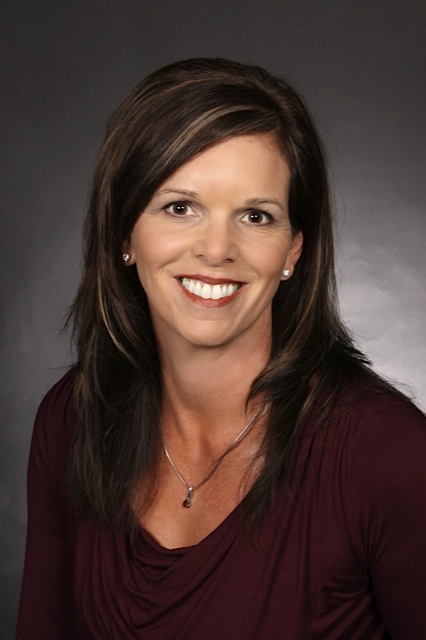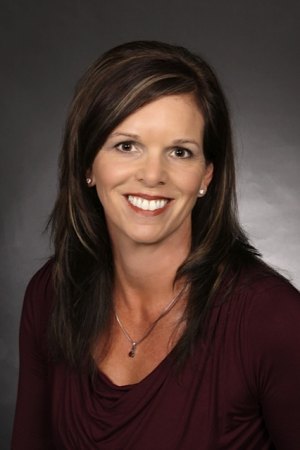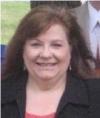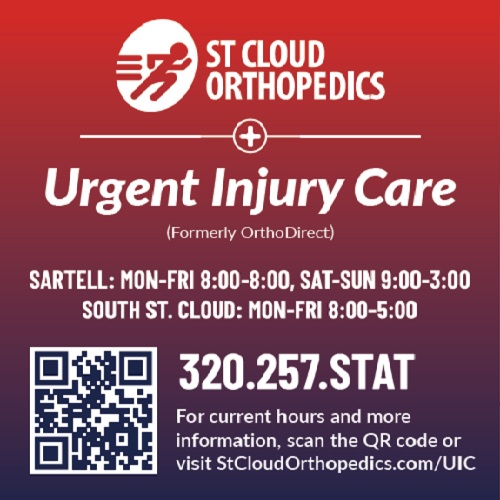Michelle Meyer
Family:
Husband: Gordy; Daughters: Alison, Sartell High School graduate, 2008 and St. Olaf grad 2012; Zoe, SHS graduate, 2011 and senior at the University of Denver; Sons – Grant, senior at SHS; and, Trent, ninth-grader at SHS.
Biographical background:
I began my career in education at the Sartell-St. Stephen School District in 1989. I served many roles: student teacher, coach, substitute teacher, paraprofessional, high school teacher and finally middle school teacher. I retired from teaching to stay home with our four children in 1998. While at home with our children, I remained active as a volunteer in our schools, our church and community non-profit boards. I was elected for two consecutive terms to the Sartell-St. Stephen School Board from 2000-08. I chose not to seek a third term in order to pursue other interests. However in 2011, I took a leadership role in passing the district’s levy and bond referendum. In 2012,I was elected for a two-year school board seat. I was honored to be nominated chairperson for the past two years. I am currently seeking my fourth – and final – term on the school board this November.
Why would you be a good school-board member?
What is best for our students drives every decision I make as a school-board member. I’ve served in many roles (see the previous question) in the Sartell-St. Stephen School District. I’ve been a school-board member for a total of 10 years. During that time our district has continued to increase programming for our students, while staying fiscally responsible to our taxpayers. Due to sound leadership, our district continues to have a positive fund balance.
During my tenure as a board member (2000-08, 2012-14) I have observed many positive changes. My most recent term has been impactful for many reasons. The following is a list of some of our board’s accomplishments:
1. Created a policy (#215 Student School Board Representative) to make it possible to have a student(s) representative on our school board.
2. Held annual board meetings in St. Stephen, and established a partnership with the City of Sartell.
3. Video taped our school board meetings and made them accessible online.
4. Created a welcoming environment at our board meetings so attendees feel valued.
5. Established community listening sessions.
6. Supported the district’s 1:1 technology initiative for grades 5-12 and increased access to technology grades pre-school through grade 4.
7. Negotiated timely and fair contracts with all our union/non-union employees.
8. Created policy #905 to enable private and public partnerships for a state-of-the-art scoreboard.
9. Approved a budget which supports the annual goals for our individual school buildings, district as a whole and our superintendent.
10. Sought out student, staff and community input to hire key administrators, including last year’s interim superintendent Mike Spanier and our new superintendent, Jeff Schwiebert.
In which ways do you think the Sartell-St. Stephen School District could be improved?
One challenge the district faces in the immediate future is managing growth and assessing the needs of our current facilities in order to provide the best educational programming for our students. Close monitoring of current enrollment data, projecting future students, assessing pragmatic changes and maintaining detailed budget projections will help us determine future needs for our students.
There is a constant debate nationwide about school testing. Do they count or don’t they? How much credence should we ascribe to so many tests? Do they truly help improve education or do they cause more stress and misguided focus than they are worth? What kinds of tests are most useful, if any?
All school districts are mandated by the state of Minnesota to periodically assess student achievement. Our district is focused on continuous improvement of instruction and we feel these tests can assist in this process. Our district uses specific data from state-mandated tests (MCAs = Minnesota Comprehensive Assessments) in order to improve teaching and student learning. Our teachers analyze specific data strands from these tests to improve their teaching and better align the student’s curriculum. This data enables teachers to target students who need additional help in very specific areas or program ahead for those students who are excelling. The ACTs Educational Planning Assessment System offers a series of three tests (Explore, PLAN and ACT) beginning in eighth grade through high school. These tests provide teachers and students with a baseline of academic abilities and career interests to determine career and college readiness. For the immediate future these tests are part of our school calendar year. Instead of testing our students and moving on, our district maximizes the achievement data in order to educate our students in the best possible way.
Horrific examples of bullying continue to make local and national news. Have you closely examined the district’s policy about bullying? What would you change, if anything, in that policy?
District #748 Policy 514: “Bullying Prohibition Policy,” was recently updated and approved at our Oct. 20 school board meeting. This policy is mandated by the state of Minnesota (MN Statute 121A.031) and aligns with the Minnesota School Board Association guidelines. This policy is state law, therefore an individual board member cannot change the content. However, what I can do as a board member is support the continuation of character development in our curriculum across all grade levels. When students feel good about themselves and they have empathy for their peers, this lessens the incidents of bullying and makes our schools and community safer.
Do you think sports are overemphasized or underemphasized in this school district? Do you think the district spends too much – or too little – on sports activities?
I believe ALL extracurricular activities: athletics, music, theater, arts and knowledge-based clubs, are an excellent and necessary outlet for our students. The more engaged students are in school-sponsored organizations, teams and clubs, the more connected they feel toward their school and community at large. The Sartell-St. Stephen community plays a huge role in supporting these activities. Whether it’s a football game and a crisp fall evening or a choir concert in December, I know to arrive early or I may not get a seat. “Sabre Pride” is evident in this community, of which I am a proud member.
Meyer















